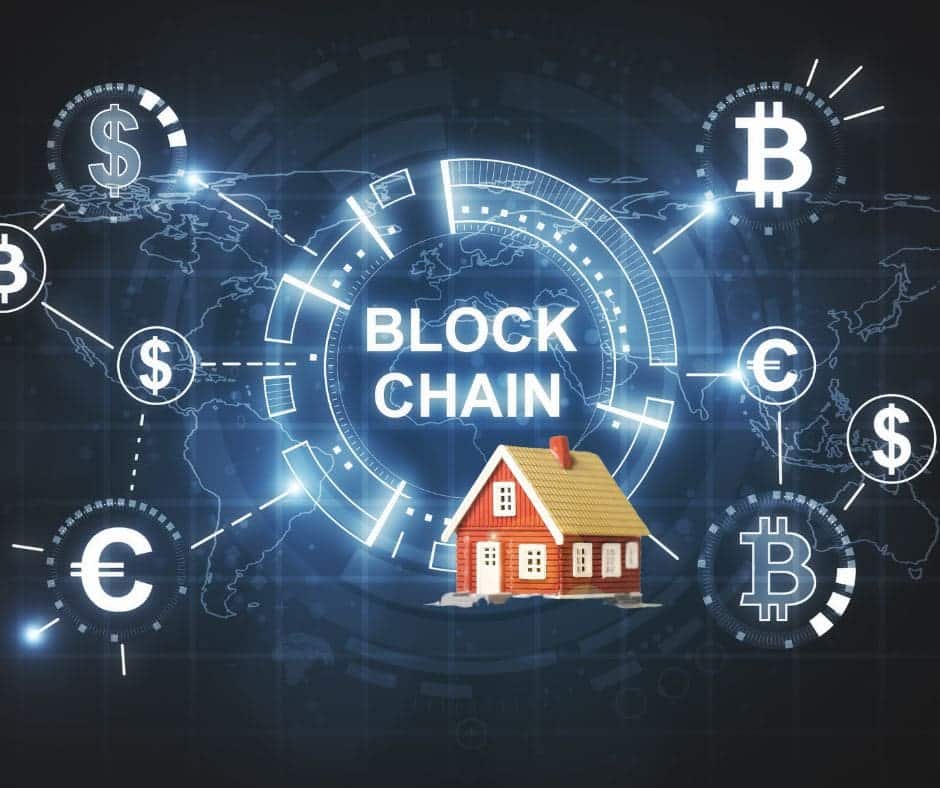Blockchain technology, commonly associated with cryptocurrencies like Bitcoin and Ethereum, is revolutionizing various industries with its capability to facilitate secure, transparent transactions. Real estate, a sector traditionally bogged down by cumbersome paperwork and lengthy processes, stands to gain significantly from blockchain integration. Here, we explore how blockchain can transform real estate transactions, with a specific focus on its application in Costa Rica.
Understanding Blockchain in Real Estate
Blockchain technology offers a decentralized ledger that records all transactions across multiple computers, ensuring that records cannot be altered retroactively without the alteration of all subsequent blocks and the consensus of the network. This feature is particularly valuable in real estate transactions, which require high levels of trust and transparency.
Key Benefits:
Transparency and Security: Every transaction on a blockchain is transparent and immutable, which reduces the potential for fraud and disputes.
- Efficiency and Speed: Blockchain can significantly streamline the processes of property transactions by reducing the need for intermediaries such as lawyers and banks, thus cutting down on time and costs.
- Tokenization: Real estate assets can be tokenized on the blockchain, meaning they are divided into digital shares that can be bought and sold easily, opening up investment opportunities to a broader range of investors.
How Blockchain is Used in Real Estate Transactions
- Smart Contracts: These are self-executing contracts with the terms directly written into code. In real estate, smart contracts can automate various steps in the buying and selling process, from due diligence to finalizing the transfer of titles, once predefined conditions are met.
- Property Titles on Blockchain: Countries like Sweden and Georgia have experimented with recording property titles on a blockchain. This practice ensures that records are easily accessible and secure from tampering, significantly reducing the risk of fraudulent title claims.
- Real-Time Settlements: Blockchain enables the immediate transfer of property ownership rights. This capability not only speeds up transactions but also reduces the risk associated with payment and title transfer delays.
Blockchain Real Estate Examples
Globally, numerous startups and real estate companies are harnessing the power of blockchain. For example, Propy, a U.S.-based company, successfully conducted an entire real estate transaction on a blockchain, from the initial offer to the final deed registry. In another case, a seller in Ukraine sold a property through a blockchain network, significantly cutting down the transaction time.
Blockchain in Costa Rican Real Estate
While blockchain offers numerous benefits, its adoption in Costa Rican real estate transactions is still in its infancy. Costa Rica’s legal and regulatory frameworks are yet to fully embrace blockchain for real estate. Currently, traditional methods of property transactions, involving banks, lawyers, and notaries, remain the norm.
However, Costa Rica’s progressive stance towards technology and innovation suggests that the integration of blockchain in real estate could be on the horizon. Discussions among tech enthusiasts and legal experts are underway, exploring how blockchain could align with local laws and benefit the real estate market.
Blockchain technology has the potential to transform the real estate sector by making transactions more secure, efficient, and transparent. While examples from around the world provide a glimpse into what is possible, the adoption of such technology in Costa Rica’s real estate transactions would require significant changes to existing laws and regulations. As the country continues to explore technological innovations, the future may see a shift towards more blockchain-integrated real estate processes, enhancing the investment landscape and making property transactions easier for everyone involved.







